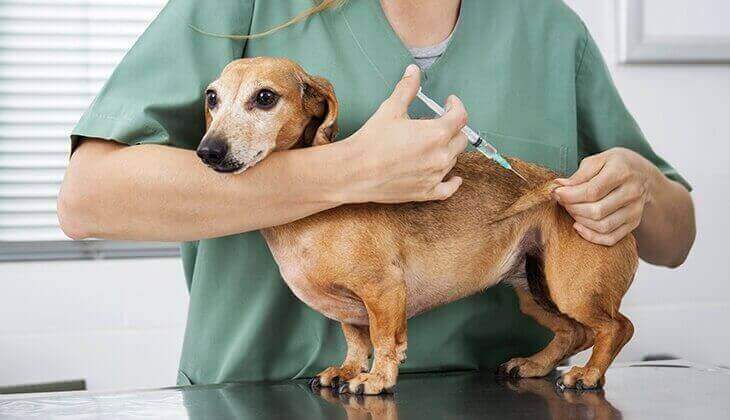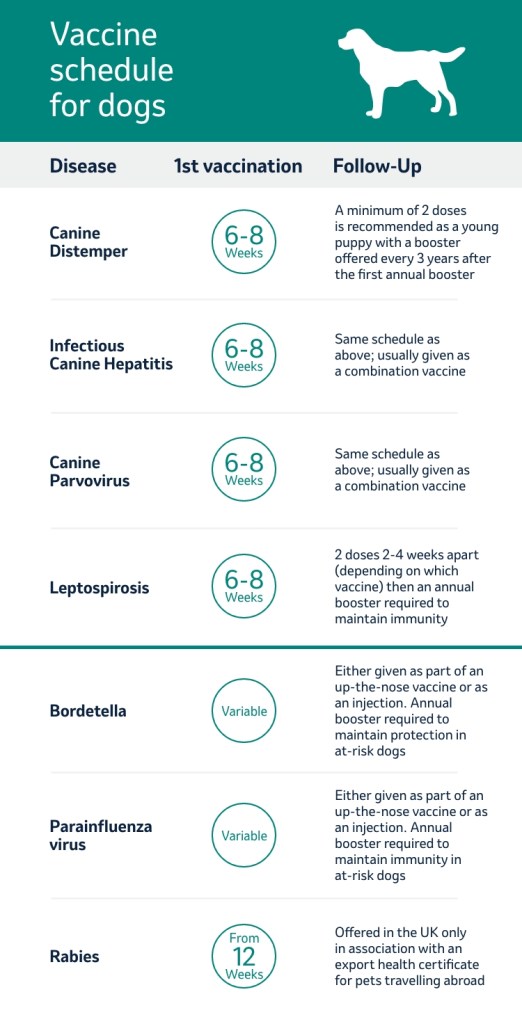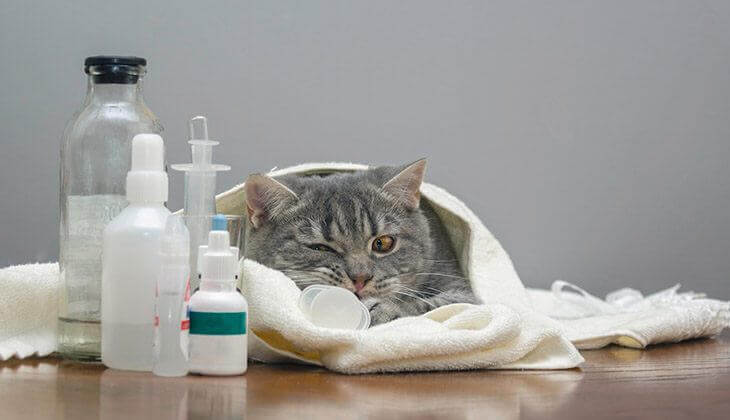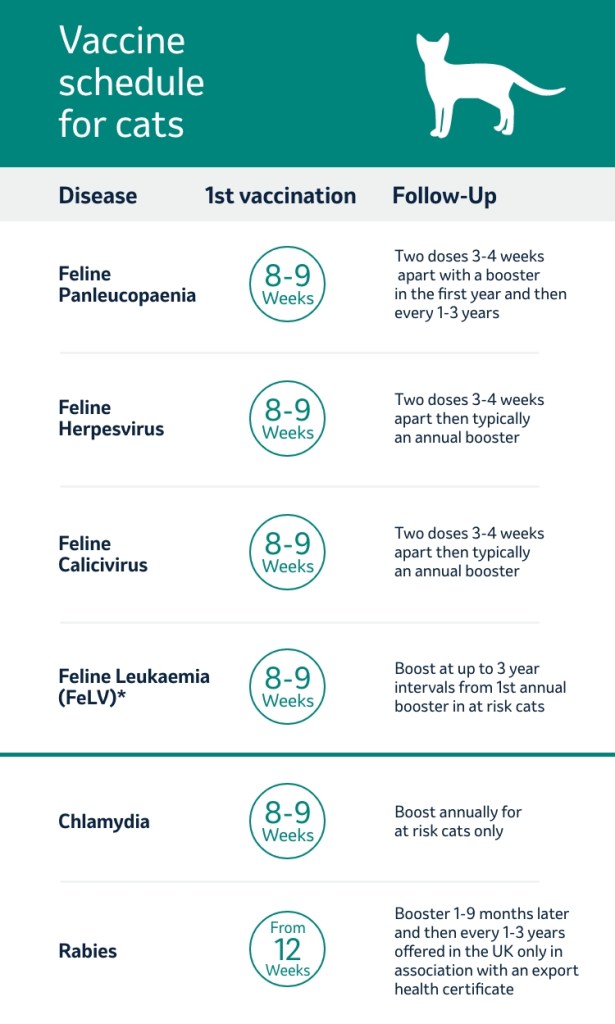The most important thing that you can do to keep your dog or cat happy and healthy is to protect them from the threat of serious, sometimes fatal, diseases. Vaccines save lives. The vaccination needs of every dog and cat do differ, but there are guidelines that you can follow to make sure that your best friend stays up-to-date. Routine visits with your vet are the only way to maintain a consistent schedule. Your vet will be able to assess your dog’s or cat’s individual vaccination needs. Effective vaccination routines depend upon your dog’s or cat’s life stage and lifestyle. Puppies require a series of vaccines to protect again core diseases such as Distemper, Hepatitis, Parvovirus and Leptospirosis. For kittens vaccination against viral causes of “cat flu”, feline panelucopaenia and feline leukaemia are recommended whereas adult dogs and cats are recommended to have periodic booster vaccines to ensure immunity is maintained; some given annually and others given in combination every 3 years. Dogs and cats that travel may need Rabies vaccination whilst dogs that regularly mix with others may benefit from vaccines against major causes of contagious cough (sometimes known as kennel cough).
Your vet will outline the core and non-core vaccines necessary to help your dog or cat stay healthy. Core vaccines are considered essential. Non-core vaccines are vaccines recommended to protect your dog or cat against diseases that are present in specific environments or lifestyles.
VACCINE SCHEDULE FOR DOGS


The core vaccines for puppies and unvaccinated dogs include vaccines for Canine Distemper Virus, Canine Parvovirus, Infectious Canine Hepatitis, Leptospirosis and (in countries where required) Rabies. Non-core vaccines include Bordetella and Parainfluenza virus.
VACCINE SCHEDULE FOR CATS

The core vaccines for kittens and unvaccinated cats include Feline Panleukopaenia, Feline Herpesvirus, Rhinotracheitis, FeLV (in kittens and outdoor cats in countries where it occurs) and Rabies (in countries where required). The non-core vaccines include Chlamydia and Bordetella. Kittens and adult cats have different vaccination needs, as noted in the chart below.

Proof of vaccination is essential when travelling with your buddy and utilising day or long-term boarding facilities. You’ll also want to keep a record handy so that you know what boosters to expect at your annual vet visit. The good news is that once your furry friend is vaccinated, you can rest easy knowing that he or she is protected. Just keep in mind that if you opt-out of a non-core vaccine and something in your dog’s or cat’s lifestyle changes, for example, they need to board, it would be a good idea to follow-up with your vet to find out exactly what type of protection they need.
Your vet plays a big role in your pet’s health. Enter your location and get a list of vets near you.
FIND A VET















 Go To United States
Go To United States Austria
Austria Belgium
Belgium Czech Republic
Czech Republic Denmark
Denmark Europe
Europe Finland
Finland France
France Germany
Germany Greece
Greece Hungary
Hungary Ireland
Ireland Israel
Israel Italy
Italy Netherlands
Netherlands Norway
Norway Philippines
Philippines Poland
Poland Portugal
Portugal Romania
Romania Saudi Arabia
Saudi Arabia Slovakia
Slovakia South Africa
South Africa Spain
Spain Sweden
Sweden Switzerland
Switzerland Turkey
Turkey United Kingdom
United Kingdom